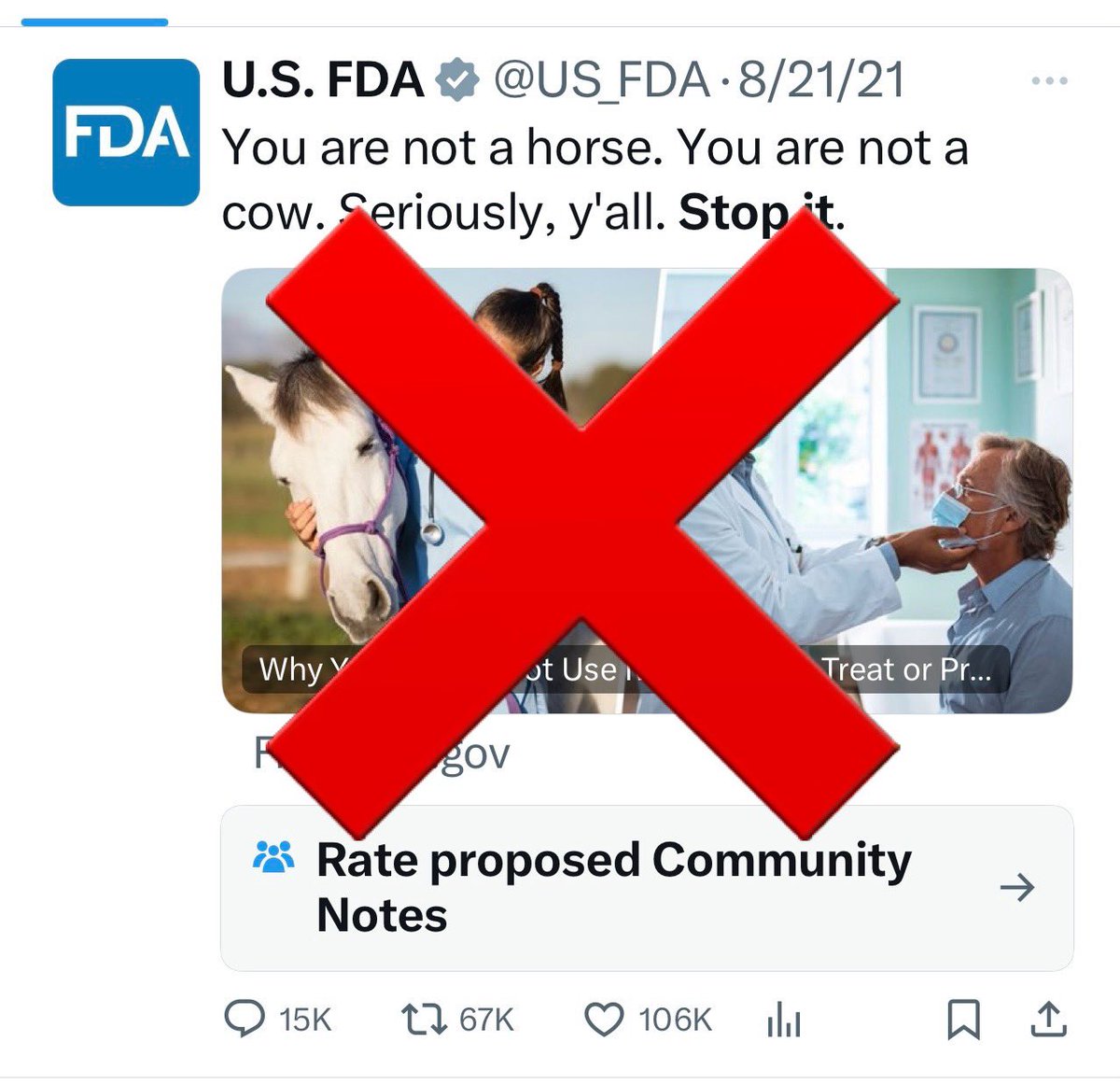There’s significant interest and some promising early results supporting the use of Ivermectin, Mebendazole, and Fenbendazole in combinations for cancer treatment. If these early findings pan out we might see an end to the “cut, poison and burn” techniques currently used to treat cancer. Let us pray this is a revolutionary discovery. This article appeared in the September issue of the Journal of Orthomolecular Medicine.
BREAKING NEWS: First-in-the-World Ivermectin, Mebendazole and Fenbendazole Protocol in Cancer has been peer-reviewed and published on Sep.19, 2024!
— “Sudden And Unexpected” (@toobaffled) October 14, 2024
The future of Cancer Treatment starts NOW.
My thanks to lead authors Ilyes Baghli and Pierrick Martinez for their incredible… pic.twitter.com/wLOV4Q9E1j
Here’s a quick look – gathered by AI – at the potential of using combinations of Ivermectin, Mebendazole, and Fenbendazole for cancer treatment:
- Combination Therapy: There’s growing interest in using these drugs together due to their individual anticancer properties observed in various studies.
Ivermectin has been highlighted for its ability to induce what’s called immunogenic cancer cell death, potentially converting ‘cold’ tumors, which don’t respond well to immunotherapy, into ‘hot’ ones that do.
Mebendazole has shown promise in preventing metastasis by affecting cancer stemness and reducing the expression of certain proteins linked to cancer spread.
Fenbendazole, while less studied in this context, has some anecdotal evidence suggesting it might help in managing cancer, particularly when combined with other treatments.
As mentioned in the X post above, a new protocol marks a significant interest in repurposing these antiparasitic drugs for cancer therapy, suggesting a potential breakthrough, though the details on effectiveness or patient outcomes from this specific protocol haven’t been detailed in the sources provided. - Challenges and Considerations: Despite the enthusiasm, it’s worth noting that while these drugs show promise in preclinical and some clinical settings, their use in cancer treatment isn’t universally accepted or standard. The challenge lies in translating laboratory results into effective, safe treatments for humans, especially considering dosage, side effects, and interaction with conventional treatments.
- Current Research Status: Research continues, with some studies indicating mixed results. For instance, Mebendazole was safe but didn’t show efficacy in a small study with advanced gastrointestinal cancer patients, suggesting that while these drugs might not work as standalone treatments, their combination or use with other therapies could still hold promise.
The oncology field is watching these developments closely and with great excitement , but for now, these treatments remain on the fringes of conventional cancer therapy, awaiting more robust clinical validation.
Let us pray they prove successful and put an end to the expensive, excruciating Pharma-driven medicine practiced today.
From Canada
Ivermectin has proven more effective than chemotherapy, without any of the debilitating side-effects, according to world-renowned Canadian oncologist Dr. William Makis who cited a major international cancer study to make his case.https://t.co/bLpaTaOpbA pic.twitter.com/eGapUkiVkc
— “Sudden And Unexpected” (@toobaffled) October 14, 2024
